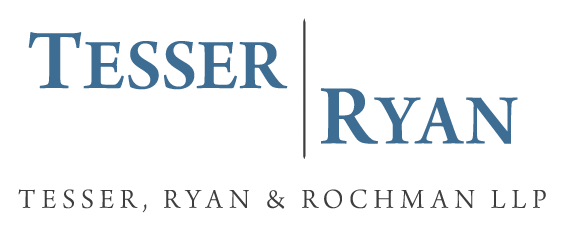Court Finds that Employee was not Terminated based on Pregnancy
Businesses often are confronted with a Human Resources dilemma – how to deal with an employee who has exhibited poor job performance but who is in a “protected class” under the law. Being a member of a protected class is not a guarantee of continued employment nor is it a shield against a business which allows for continued unsatisfactory work. It often does force a business, however, to show that the claim of inadequate performance is not merely a pretext for a discriminatory termination through documentation of job performance, complaints, warnings, and counseling by HR of failure to meet employment standards.
A recent decision by a New York Federal Court looked at this type of documentation, including statements from other employees and hiring patterns of the defendant business, to find sufficient evidence to justify the termination of a pregnant employee at the conclusion of her probationary period of employment based on poor performance. In the case, the employee, alleged the claimed poor performance was a pretext for discriminatory animus and that the reason for her termination was her pregnancy. The Court viewed the totality of the record, included documentation that the employee incorrectly performed job functions, statements from other employees attesting to their complaints to management about poor job performance, and the fact that other employees who had become pregnant had not been terminated from their positions or suffered any other adverse treatment. In granting summary judgment to the business-plaintiff, the Court found that overwhelming and uncontroverted evidence had been presented by the business to justify the termination due to poor performance.
The case highlights the importance of a business establishing and following proper human resource procedures, which may include counseling employees about poor job performance and preparing contemporaneous documentation detailing incidents of poor performance and meetings or discussions with employees. It is important to seek advice at counsel at the outset of a problem with an employee to assure that sound and protective employment procedures are in place and that employee problems are handled properly. The failure to follow procedures may result in significant liability to a business.
Case is Baffa v. STAT Health, 11-civ-4709 (E.D.N.Y. Sept 17, 2013)
